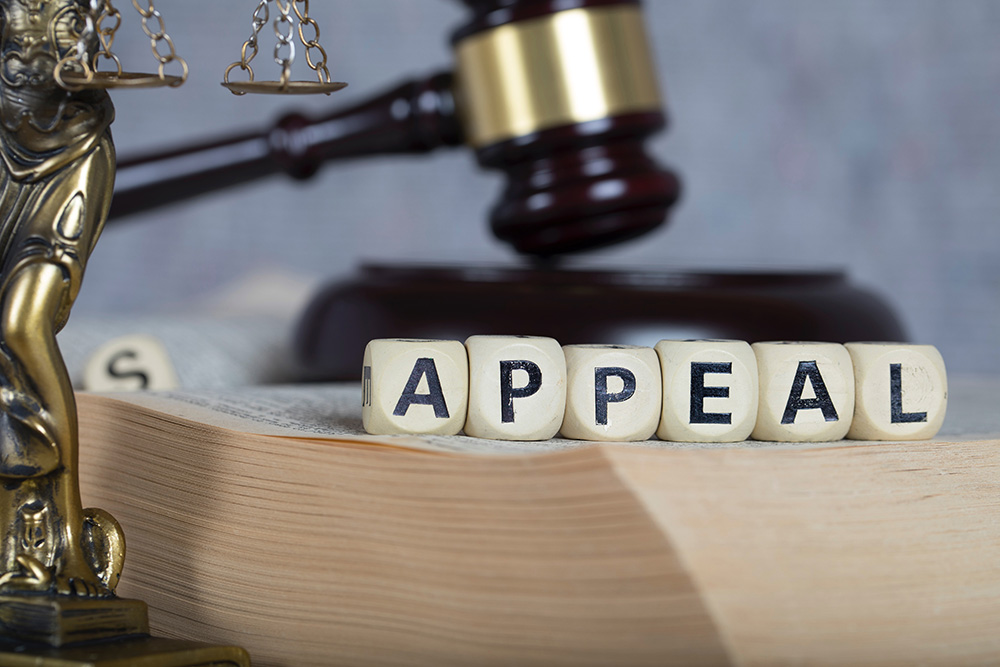Surety bonds are an essential aspect of many industries, providing a guarantee that a party will fulfill its obligations. Appeal bonds, also known as supersedeas bonds, are a type of surety bond used to stay enforcement of a judgment pending appeal. In this blog post, we’ll take a closer look at appeal bonds and explain why they are necessary.
Why Are Appeal Bonds Required?
The general rule is that when a trial court enters a judgment, the winning party can begin trying to execute on the judgment almost immediately unless enforcement is stayed by the judge. This means that the winning party can attach the losing party’s bank accounts, foreclose on losing party’s real estate, and garnish the losing party’s wages. This, of course, is a problem for the losing party. First, the losing party is required to immediately pay the judgment. Second, if the losing party wins on appeal, the losing party will then have to seek reimbursement from the original winning party of all amounts paid on the now overturned verdict. To avoid these problems, but also to protect the winning party, the losing party can post an appeal bond to guaranty payment of the judgment if the judgment is affirmed on appeal.
The appeal bond ensures that the losing party in the trial court will pay the judgment amount, plus interest and any costs incurred, if the appeal is unsuccessful. This provides the opposing party with a level of security and helps to ensure that justice is served in the case.
How Do Appeal Bonds Work?
When an appeal bond is required, the party appealing the judgment will typically work with a surety bond company to obtain the bond. The bond company will typically require the party to provide some form of collateral, such as cash or a letter of credit, to secure the bond.
Collateral is required because the party seeking the bond has lost the case at trial and thus there is a significant chance that the case will also be lost on appeal. And, in most cases, if the party purchasing the appeal bond loses the appeal and fails to promptly pay the judgment, the surety will be required to pay. There are certain circumstances, however, when collateral will not need to be posted with the surety company. These primarily involve losing parties that have significant financial strength and a long track record of positive operating history.
If the appeal is unsuccessful and the court upholds the original judgment, the opposing party can make a claim against the bond to recover the judgment amount if the losing party does not promptly pay. The surety bond company will then be responsible for paying the claim, up to the amount of the bond. The party that posted the bond will be responsible for reimbursing the bond company for any payments made.
Does Lexington National Write Appeal Bonds?
Lexington National is licensed in all 50 states and in the District of Columbia. Further, Lexington National holds Certificates of Authority as an acceptable surety on Federal Bonds from the Department of the Treasury and is rated by A- by A.M. Best, a nationally recognized rating agency. Lexington National works with agents across the country to underwrite appeal bonds. If you have an appeal bond need, please contact our office and we can refer you to a top agent in your area. We pride ourselves on being responsive and providing quick and quality service. We understand the timing element when an appeal bond is needed, and act accordingly.
Conclusion
Appeal bonds are an essential tool for ensuring that justice is served in court cases. They provide that no funds are taken by the losing party until the appeal is completed and that the winning party is paid if the trial court judgment is affirmed. If you’re involved in a legal case and are considering an appeal, it’s important to understand the role of appeal bonds and to work with a reputable surety bond company to obtain the necessary bond.

